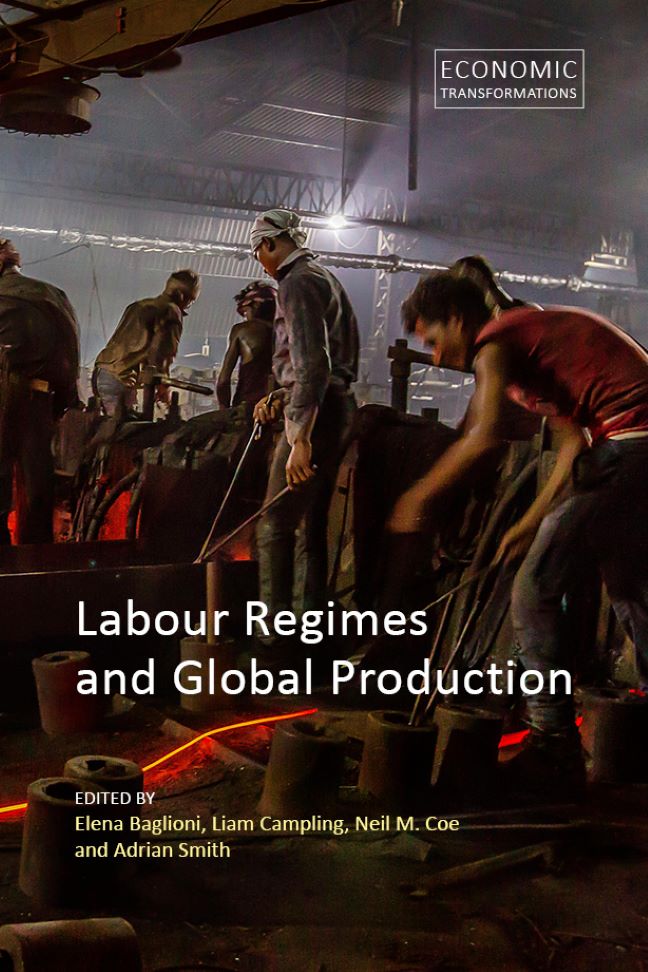10 - Labour Regimes, Social Reproduction and Boundary-Drawing Strategies Across the Arc of Us World Hegemony
Published online by Cambridge University Press: 20 January 2024
Summary
Introduction
Seen from a global scale, capitalism in the twenty-first century has amplified a set of destructive trends faced by workers across the world. These trends include the increasing precaritization of labour conditions, the declining power of organized labour unions and intensified competition between workers in and among national economies. Worse still, the plight of many wage workers has converged with the marginalization of non-waged activities and livelihoods, forcing workers to make difficult choices between the Scylla of the workplace and the Charybdis of life on the streets. Although contemporary scholars continue to draw attention to possibilities for working-class revitalization, the most characteristic portrayal of contemporary labour may not be the sweatshop proletarian but the outcast pauper (Breman et al. 2019). Any future labour politics must lay bare the historical dynamic between proletarian and pauper by connecting the processes linking working-class experiences inside the hidden abode of production to another hidden abode: social reproduction.
In this chapter, we analyse the links between labour regime politics at the point of production and dynamics of social reproduction by joining insights from social reproduction theory (SRT) together with those from world-systems analysis. The SRT perspective draws attention to the ways that capital accumulation has arisen through the creation of exclusionary boundaries between the valued (i.e. remunerated) labour of proletarianized wage workers and the devalued (i.e. unremunerated) labour of working-class families and communities that produce and reproduce exploitable workers. Connecting the politics of valued and devalued labour, we argue, extends the analytic boundaries of labour studies beyond the workplace and offers insights into how organized labour can mobilize alongside broader struggles for gender, racial and social justice. Analysing labour regimes from a world-systems perspective, in turn, draws attention to the ways that exclusionary class identities and workplace politics have been shaped by global processes of proletarianization and dispossession. Specifically, the world-systems perspective highlights how the exclusionary boundaries of remunerated labour have taken different forms across the uneven core– periphery geography of global capitalism. The politics of labour regimes today are impacted by macro-historical transformations associated with the rise and fall of world hegemonies. Taken together, these perspectives better allow us to sketch out the structural limitations of production-based working-class politics across the globe in the twenty-first century.
- Type
- Chapter
- Information
- Labour Regimes and Global Production , pp. 173 - 188Publisher: Agenda PublishingPrint publication year: 2022



